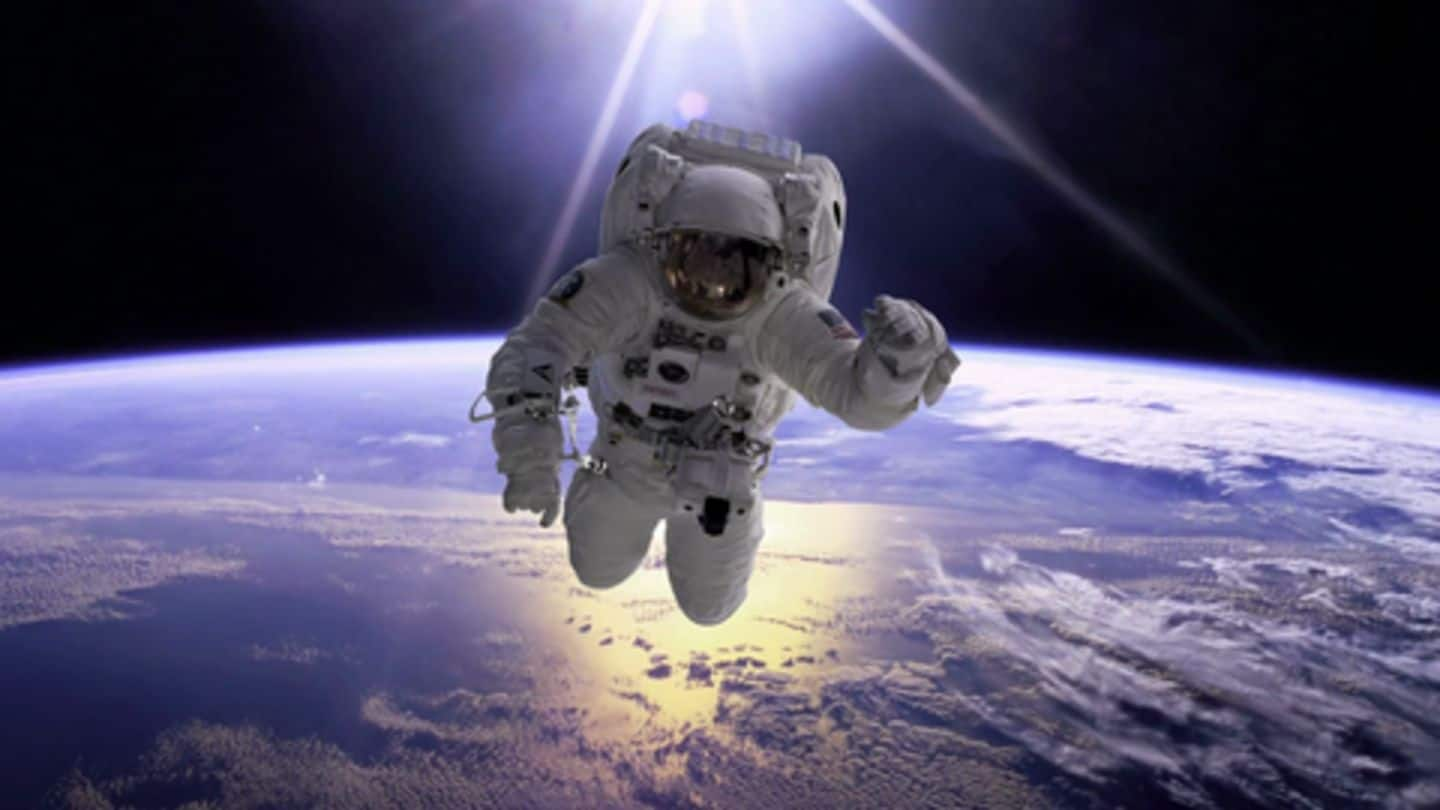
Turns out, Space travel can reverse your blood flow
What's the story
Elon Musk wants to make humans a 'multi-planetary' species and so does NASA!
But, flying to a completely different world (let alone terraforming and settling there) is an extremely complex and challenging task.
Deep space is an unexplored area and there's a lot that we don't know - like the recently discovered fact that space can reverse your blood flow.
Here's all about it.
Distance
Reaching Mars requires 6 months, at least
Depending on the speed of launch and relative position of Earth and Mars in their respective orbits, reaching the Red Planet might take anywhere between 150 to 300 days.
Now, even with proper food and technology to cover this journey, we still don't know how exactly human bodies will react to spending such a long time in space's weightlessness.
Impact
Dramatic blood flow changes seen after time in space
To better understand the impact of space, scientists have been observing the anatomy of astronauts spending time on International Space Station.
In the latest such work, a group of researchers noted dramatic changes in the blood flow of 11 ISS astronauts while studying their circulation patterns during their time - lasting several weeks - on the orbiting lab.
Findings
Space makes blood flow backwards
The findings of the study revealed that the blood flow of the astronauts was perfectly normal when they left Earth, but after their 50th day, circulation changes had begun through their head and brain.
In this, seven astronauts' blood flow from the head to the rest of the body displayed signs of stagnation, while others had signs of reversal, which is blood flowing backward.
Reason
Lack of gravity appears to be the problem
On Earth, gravity assists the flow of blood from head to the rest of the body, but when one is in space, this assistance isn't present, which appears to be causing the stagnation and reversal in some cases.
Slow-moving and stagnant blood flow can even cause clotting, which is exactly what the researchers observed in two of the study subjects.
Quote
Here's what study researchers said
"By spending approximately two-thirds of the day upright and the remaining one-third of the day supine at night, humans experience fluid shifts daily," the researchers said in the study. "However, crew members..are weightless and thus experience a sustained redistribution of fluids toward the head."
Risk
Now, this is a major point of concern
If we are ever going to head on a mission to Mars, or perhaps even beyond, figuring out this particular aspect of the flight would be extremely critical.
Unless the astronauts and other fliers are able to survive long stretches of microgravity, it won't be possible to set foot and establish colonies on a distant world.